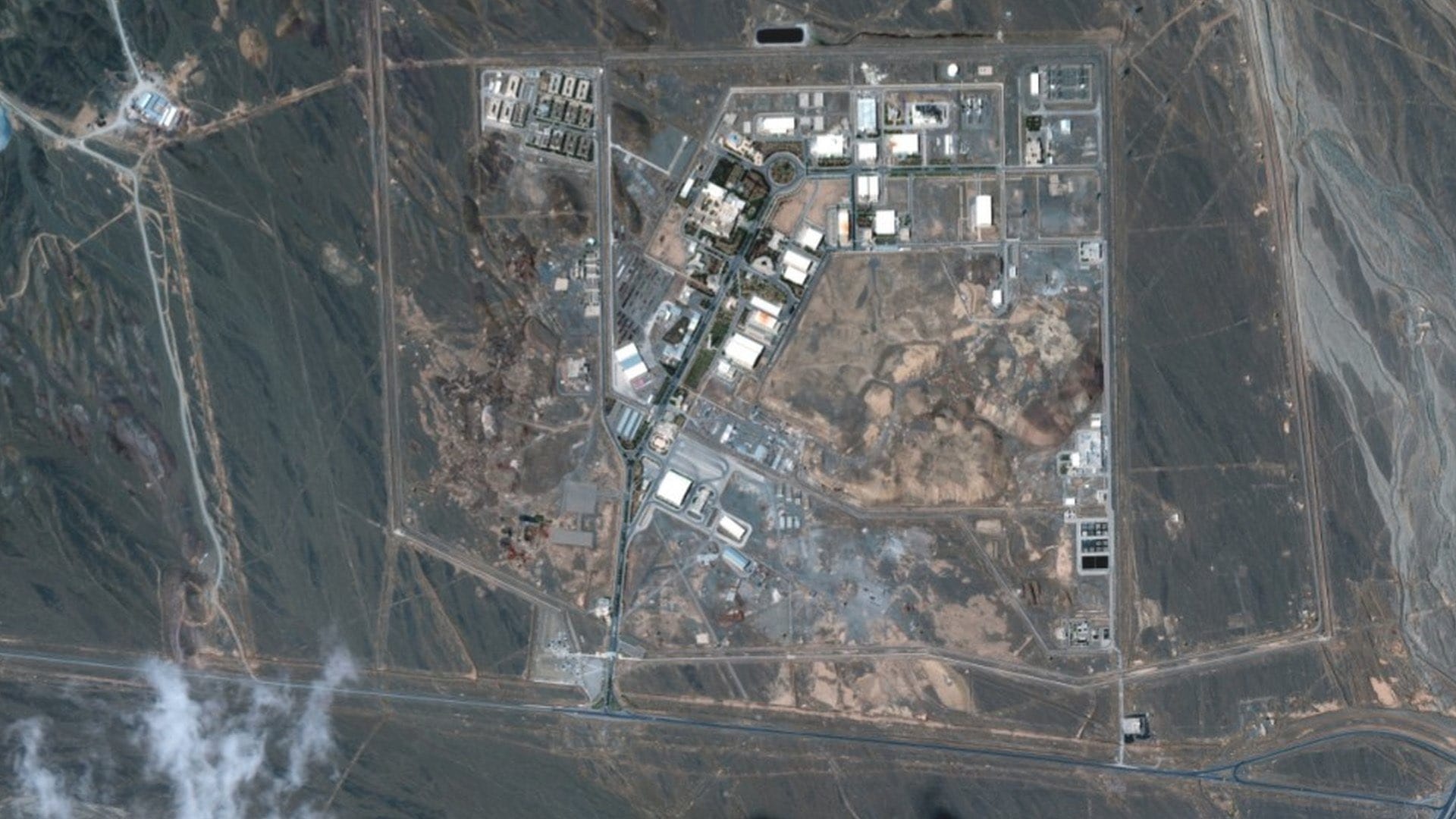Israel Launches Major Strike on Iran's Nuclear Program
'Operation Rising Lion' targets nuclear facilities and military leadership as tensions escalate over Tehran's uranium enrichment

Israel Launches Major Strike on Iran's Nuclear Program
'Operation Rising Lion' targets nuclear facilities and military leadership as tensions escalate over Tehran's uranium enrichment
Israel launched a massive pre-dawn military operation against Iran on Friday, targeting nuclear facilities and key military installations in what officials described as the largest attack on Iran since the Iran-Iraq War. The Israeli Defense Forces, using the codename "Operation Rising Lion," deployed over 200 aircraft to strike targets more than 1,200 miles away, focusing on air defense systems, ballistic missile manufacturing sites, and uranium enrichment facilities. The operation came after months of escalating tensions over Iran's nuclear program and followed intelligence indicating Tehran had accumulated enough enriched uranium to potentially produce nuclear weapons within days.
The strikes resulted in the deaths of several senior Iranian military commanders, including Revolutionary Guard Commander Hossein Salami and likely Armed Forces Chief of Staff Major General Mohammad Bagheri. Israeli Defense Minister Israel Katz reported that most of the Islamic Revolutionary Guard Corps Aerospace Force leadership was eliminated in an airstrike on an underground command center. Nuclear scientists were also killed in the attacks, according to Iranian state media. The Israeli military confirmed that dozens of radar installations and surface-to-air missile systems were destroyed, significantly degrading Iran's defensive capabilities.
The operation specifically targeted Iran's critical nuclear infrastructure, with the Natanz enrichment facility reportedly destroyed completely. However, the heavily fortified Fordow Fuel Enrichment Plant, built deep underground in a mountain near Qom and considered Iran's primary facility for weapons-grade uranium enrichment, remained intact. Additional sites in Khondab and Khorramabad were also struck. Israeli Prime Minister Benjamin Netanyahu justified the strikes by stating that Iran "could produce a nuclear weapon in a very short time" and described the country's nuclear efforts as "a clear and present danger to Israel's very survival." The attacks came just days after the International Atomic Energy Agency declared Iran non-compliant with its nuclear obligations for the first time in 20 years, prompting Tehran to announce plans for additional uranium enrichment activities.
Iran launched over 100 drones in retaliation, though Israeli officials reported maintaining "control over the situation" with most projectiles intercepted. Supreme Leader Ali Khamenei condemned the strikes and vowed that Iran would not "let them go unpunished," while quickly appointing new military commanders to replace those killed in the attacks. The Israeli Home Front Command initially ordered civilians to remain near bomb shelters but later lifted some restrictions, indicating confidence that Iran's immediate retaliatory capabilities had been significantly diminished.
President Trump, who had been aware of Israel's plans but emphasized that the United States was not involved militarily, warned that the situation could escalate into "massive conflict" in the Middle East. Speaking to Fox News, Trump acknowledged his prior knowledge of the operation while noting that "there are several people in their leadership that will not be coming back" to future negotiations. In a social media post, Trump declared that Iranian hardliners "are all DEAD now, and it will only get worse," while calling on Tehran to negotiate before facing additional strikes. U.S. officials have expressed concern about potential mass casualty retaliation from Iran, with Trump's envoy warning that such a response could overwhelm Israel's defenses. The international community is closely monitoring the situation as the diplomatic landscape shifts dramatically. While the United States continues to push for nuclear negotiations to proceed, Iran has withdrawn from the talks that were scheduled for this weekend, further complicating efforts to resolve the crisis through diplomacy.
My view: The scale of military and leadership losses, combined with the targeting of critical infrastructure and reports of long lines for gasoline in Tehran, is going to put unprecedented pressure on the Iranian regime. Its collapse is possible.
SUBSCRIBE TO GET THE CITIZEN JOURNAL IN YOUR INBOX - FREE!
subscribe/unsubscribe to city emails, subscribe to app notifications, get the app
